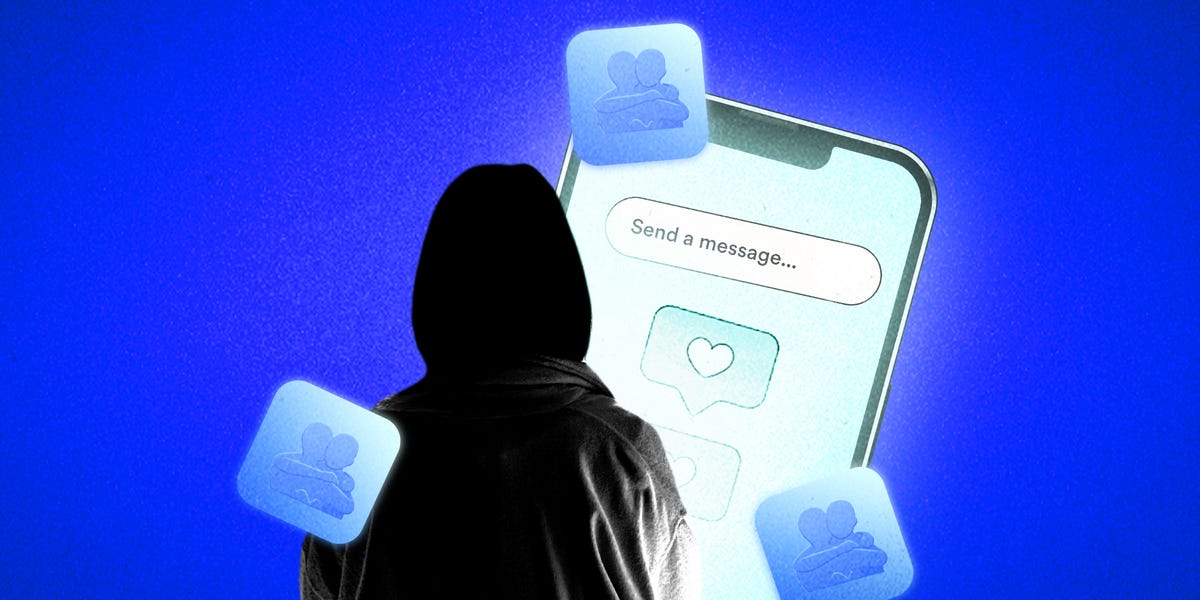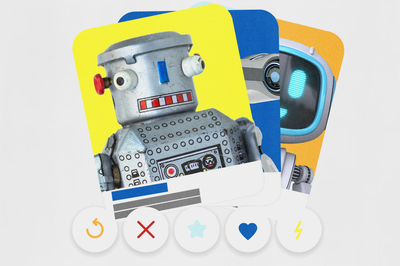A recent Business Insider article at https://www.businessinsider.com/phones-loneliness-friendship-apps-dating-fatigue-meetups-algorithms-2025-1 explores the rise of “friendship apps” like 222, Timeleft, Clockout, Pie, and even Bumble’s friendship mode, which are designed to help people make new in-person friends and combat loneliness.
These platforms use algorithms and curated events to match people based on shared interests and personalities, aiming to recreate chance encounters in the digital age.

The piece highlights a societal shift: after years of increasing individualism, remote work, and social isolation (especially worsened by the pandemic), there’s growing demand for genuine human connection.
The apps address this by encouraging users to meet offline and maintain ongoing interactions — something many people now struggle with due to fewer “third places” like community centers or casual hangout spots.
Interestingly, while the tech tries to facilitate connections, experts and founders acknowledge that the real success lies less in the algorithms and more in people’s willingness to show up and engage.
Platforms like Pie are even paying local hosts to organize recurring events to nurture these budding friendships. Investors are taking note, with millions of dollars flowing into this new wave of social technology, betting that these tools can alleviate the widespread loneliness epidemic.
Ultimately, the article suggests that while apps can help initiate connections, it’s human effort — showing up and staying engaged — that builds lasting friendships.
Why are Investors Excited?
Investors see a perfect storm of market demand, cultural shift, and untapped opportunity.
• Huge, growing market: Loneliness is increasingly recognized as a widespread and serious issue, especially among younger generations who are digital natives but still crave real-life connection. Studies and polls show a significant portion of people feel lonely every week — and this is global.
• Shift from online to offline: Social media fatigue is real. People are tired of superficial interactions and craving authentic, in-person experiences. These apps promise to bridge the gap between digital connection and real-world friendships.
• Low-stakes entry compared to dating: Friendship is lower pressure than romance, which makes these platforms appealing to a wider audience, including people who might not engage with dating apps but still seek social connection.
• Proven models, new angle: Dating apps have normalized algorithm-based human connection, and investors see friendship apps as the next evolution — using familiar tech infrastructure to meet a different but equally powerful human need.
• Recurring engagement potential: Apps like Pie and 222 encourage not just one-off meetings but ongoing events and community building, increasing user retention and creating opportunities for subscription models or event monetization.
• Social impact + profit: There’s a strong alignment between commercial potential and meaningful social impact. Reducing loneliness improves mental health and well-being, giving these startups both purpose and profitability.
I believe that over the next 18 months we will see a surge of demand for REALITY - real people, meeting offline (or doing live video dates and speed dating online) and a significant backlash against the use of AI in profiles.
Let me know what you think!







Comments